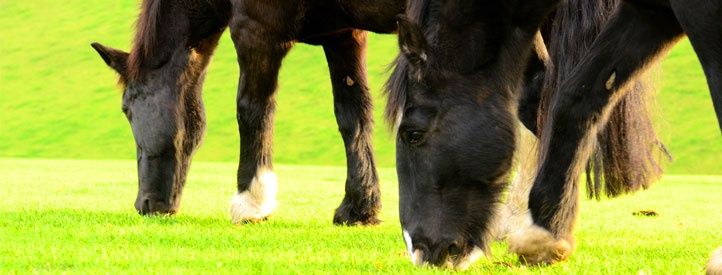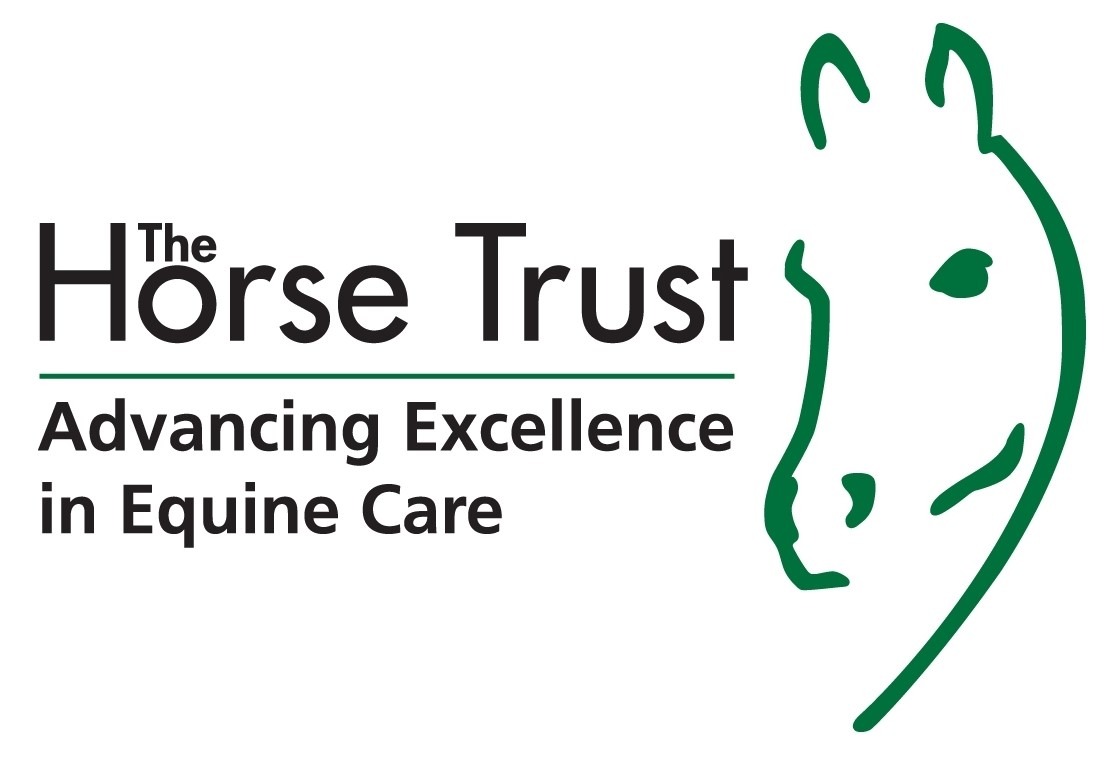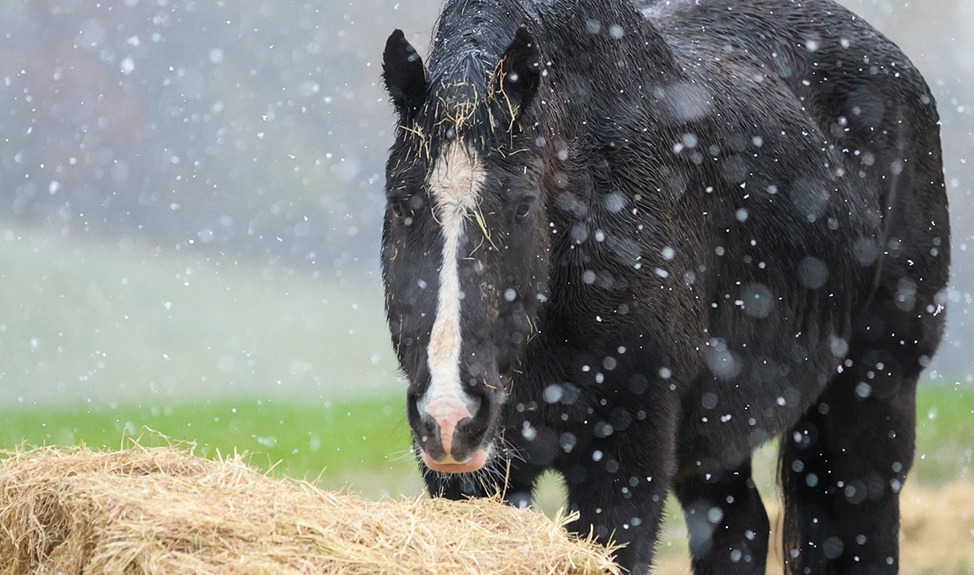At The Horse Trust, we’re committed to protecting not just the horses in our care…

Horse Trust-funded test for Fell Pony Foal Syndrome a “massive success”
A genetic test for carriers of Fell Pony Foal Syndrome, developed with funding from The Horse Trust, has been a hit with the Fell and Dales breeding community, with nearly 1000 breeders submitting samples for testing in just one year.
Fell Pony Foal Syndrome, which is now known as Foal Immunodeficiency Syndrome (FIS) as it also affects other breeds of ponies, is an untreatable, fatal condition. Foals affected by FIS have severe progressive anaemia and a deficient immune system, which leads them to succumb to infection. Foals with FIS usually die by the age of three months.
A three year research project, which was led by Dr June Swinburne at the Animal Health Trust in collaboration with Professor Stuart Carter of Liverpool University, and funded by equine charity The Horse Trust, identified the mutation that causes the disease and developed a genetic test to identify ponies carrying the mutation. As the disease only occurs in foals when two carriers are bred together, breeders can use the test to prevent the disease by ensuring that known carriers are not bred together.
Since the genetic test was launched in February 2010, Swinburne’s team has tested 970 samples from Fell and Dales ponies, of which three quarters were from Fell ponies. As there are around 8,000 Fell ponies worldwide and around 1,100 Dales ponies in the UK, this means that already nearly 10 percent of Fell ponies and over 20 percent of Dales ponies have been tested for FIS.
“This test, developed using funding from The Horse Trust, has been a massive success among the Fell and Dales pony breeding communities,” said Swinburne. “We hope the test will prevent unnecessary suffering among Fell and Dales pony foals as breeders can now easily prevent the conception of foals with FIS. As so many breeders tested their breeding stock last year, we hope there will be very few foals affected by this horrendous disease in the future.”
Among those tested, Swinburne found that 47 percent of Fell ponies and 10 percent of Dales ponies carry the mutation for FIS.
As well as testing carriers of the disease, the test also allows breeders to diagnose FIS in newborn foals. It can be difficult to make a clinical diagnosis of FIS as foals often appear to be normal for the first couple of weeks and then start showing symptoms, such as diarrhoea and pneumonia, which may or may not be linked to FIS. The test allows breeders to get a quick and definitive answer on whether their foal has FIS, allowing the foal to be euthanased before it suffers. Over the last year, Swinburne’s team diagnosed 13 foals (12 Fell ponies and 1 Dales pony) using the test.
“We are really excited that the research we’ve funded has had such a big impact on the welfare of Fell and Dales ponies. We hope that breeders will continue to make use of this test to ensure that no more ponies have to suffer needlessly from this distressing disease,” said Jeanette Allen, Chief Executive Officer of The Horse Trust.
The genetic test has also been used to investigate whether the FIS mutation has been passed to other pony breeds through inter-breeding with Fell or Dales ponies. PhD student Laura Fox-Clipsham tested 200 samples from each of the following breeds: Coloured, Welsh Section D, Highland, Clydesdale and Exmoor ponies. She found a low level of the mutation in the population of Coloured ponies, but did not find any evidence of the mutation in the other pony breeds.
Swinburne’s and Fox-Clipsham’s research is being submitted to various journals.
The mutation that causes FIS was found to be caused by one base change in the DNA of chromosome 26 in horses. The genetic test for FIS requires a sample of hair from a pony. The DNA is extracted from the hair and the relevant section amplified using a technique called Polymerase Chain Reaction (PCR). The amplified DNA is then sequenced to see if it includes the mutation.















Comments (0)